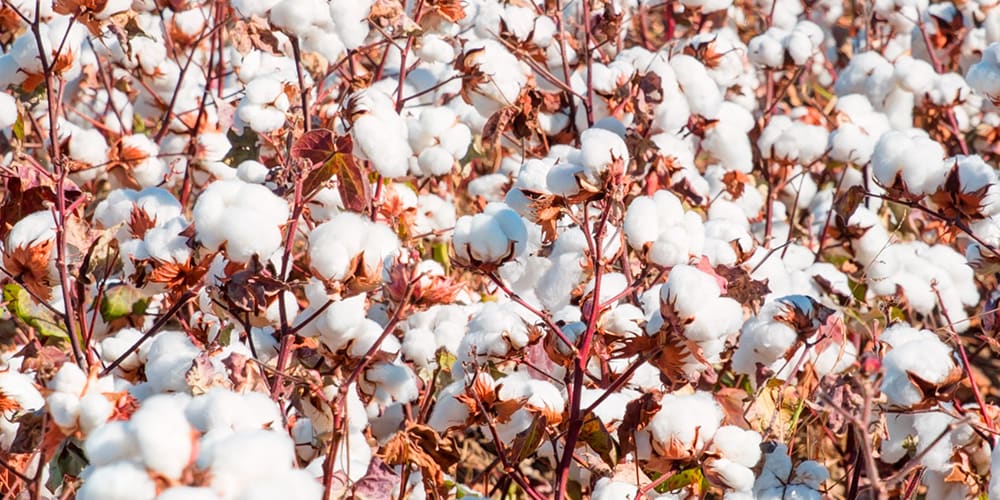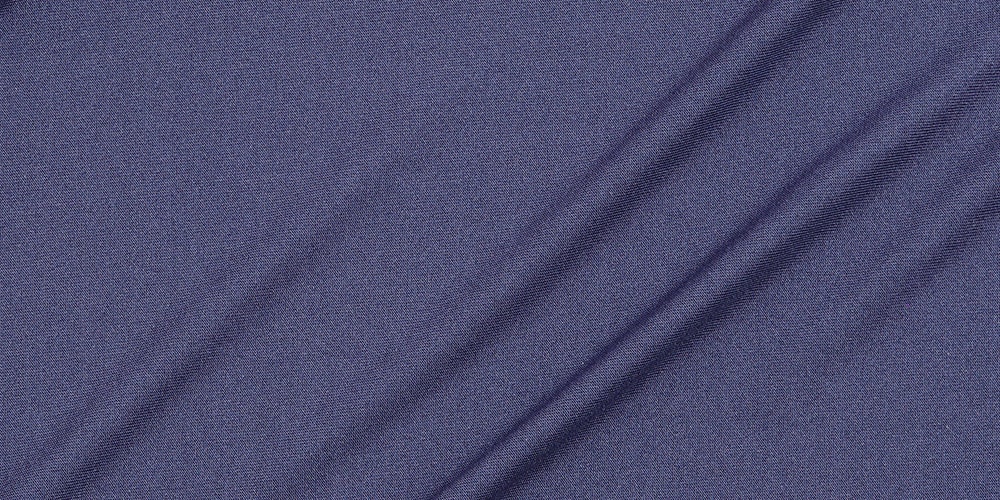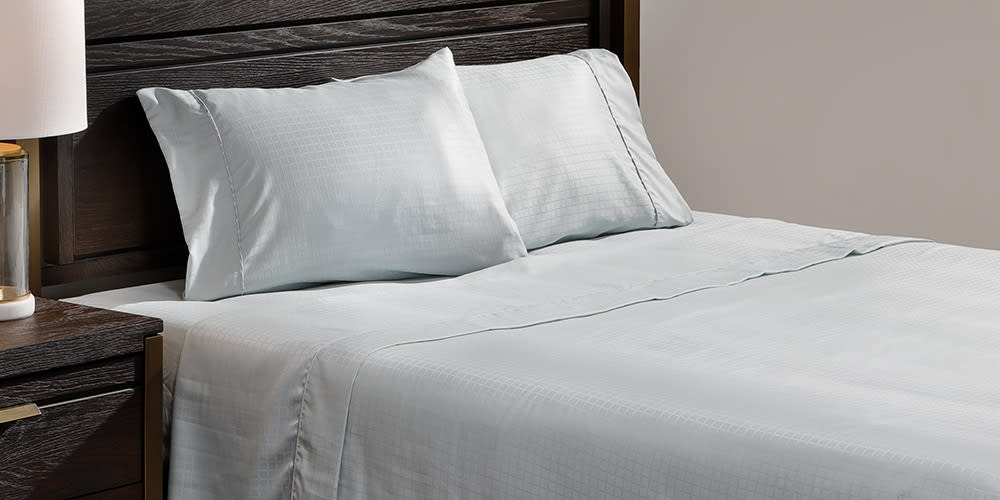Bedding Guide
Common Bedding Misconceptions


Egyptian Cotton
Let's talk first about the abuse and misuse of the term "Egyptian Cotton." This term refers to cotton that is grown on the Nile Delta in Egypt. As a natural, long staple cotton that produces superior yarn for sheeting, it is very desirable but an expensive cotton to grow, harvest and ship around the world.
You have probably seen the term "Egyptian Cotton" used on products that truly have no association with raw material from the country of Egypt at all. If you see "Egyptian Cotton" on sheet sets at a mass merchant, box store or department store at a so called "bargain price" you can bet that it is not the real thing. In bedding it is true you simply "get what you pay for!"
Real "Egyptian Cotton" as a raw material is quite expensive and definitely worth the price due to its superior benefits in terms of comfort, strength and durability. There are no shortcuts in material or construction features when it comes to producing beautiful high quality linens that you will enjoy for years to come.


Thread Count
The term thread count (TC) is supposed to mean the number of actual pieces of yarn, that is, threads in the warp (lengthwise) and weft (widthwise) of the fabric, per square inch. It was meant to be a standard by which you could compare the density of sheeting materials from one cloth sample to another.
Customers are lead to believe that bigger thread count numbers must be better, but that isn't necessarily true. The problem is, some companies focus on how high they can state that number and never talk about the quality of the cotton yarn itself. They may use an inferior yarn made of coarse short staple cotton and produce it in a higher thread count, but this will not make a comfortable more durable sheet package. The quality of the yarn is the single most important factor in determining the quality and comfort of any sheet set, not the thread count.
None of our quality sheet sets are multi-ply yarns, they are all high quality single-ply sheet sets. Multi-ply may sound better but it is actually inferior to single-ply sheeting materials.


Bottom Line
With all the hype over Thread Count, and the resulting confusion, we want to educate you, our customers, on the important quality differences between single-ply sheets and multi-ply sheets. True single-ply thread count sheet sets in genuine Egyptian and Pima Cotton will outperform those multi-ply 400, 600 and 1000 TC sheets in every way. One other fact is that those wrapped plys will eventually end up in your washing machines lint trap because they are only wrapped around the woven yarns. Beware of "multi-ply" sheets with bogus high thread counts.
When you invest in a top quality 100% cotton sheet material, you will be getting the unsurpassed comfort of Egyptian cotton and a longer lasting set of sheets. Our buyers have been involved in the production process from selecting the quality of material, through the design and distribution phase and as always, we buy quantity and we pay cash for our inventory so there are no added costs to pass on to you, our customers.